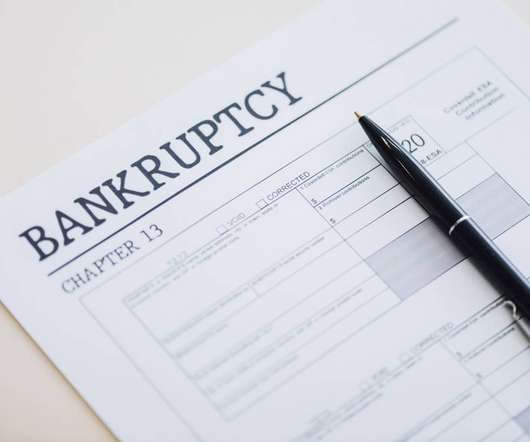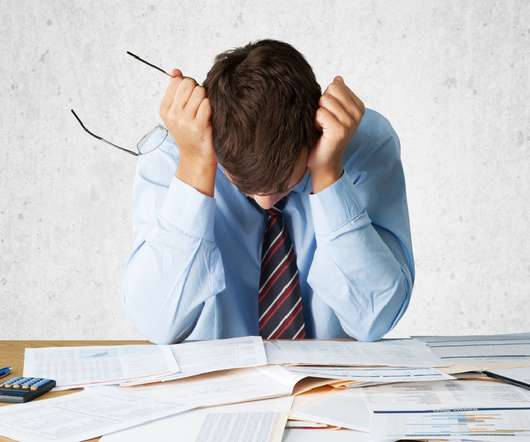What Debts Will Remain After A Chapter 13 Discharge?
Sawin & Shea
JULY 8, 2020
Chapter 13 bankruptcy can wipe out most kinds of debts and leave you with a much brighter financial picture. But Chapter 13 can’t discharge all types of debt you’ve taken on. Some debts will remain after your bankruptcy, although you’ll be in a much better position to handle them.













Let's personalize your content